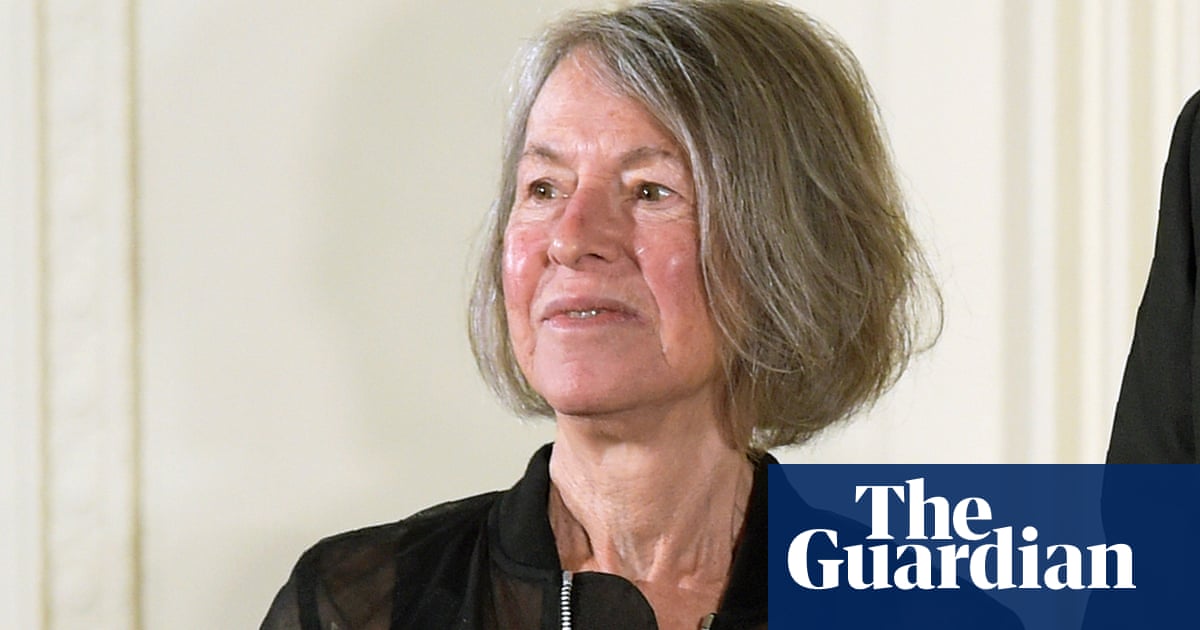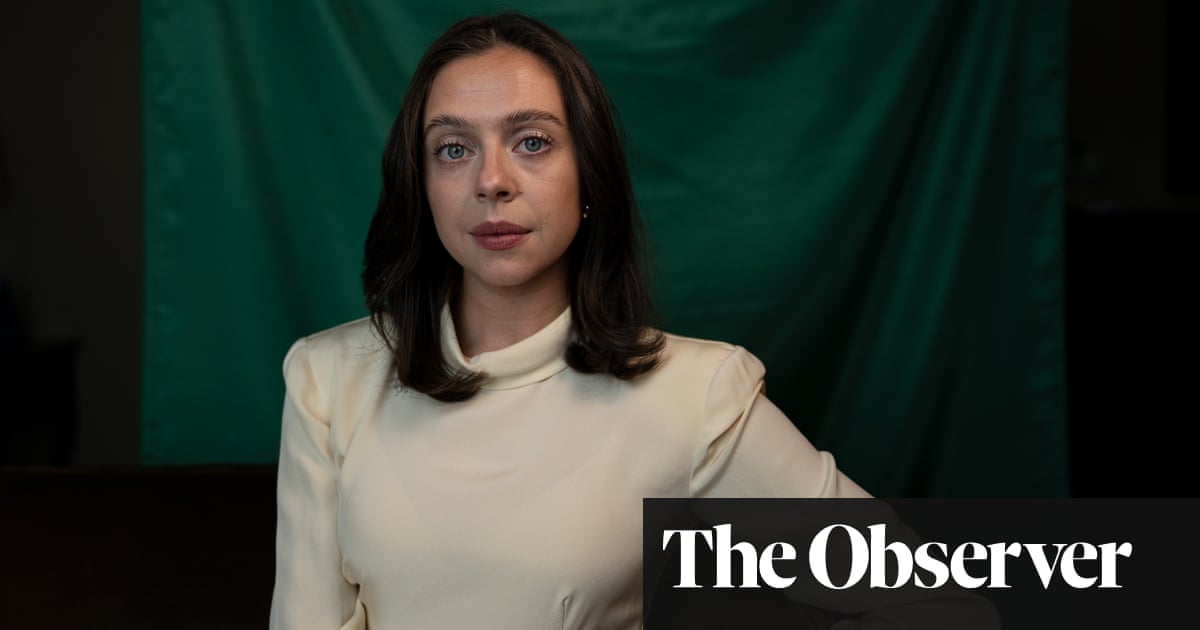
Louise Glück was reticent, careful about what she said. She could be distant. There was always a sense that her real life was lived in dreams and memories, in her imagination, in her time alone. With students, sometimes she suggested that they try silence, not working at all. That, she believed, might be best for someone who was writing the wrong poems or producing too much.
In her own poems, she worked with silence, breaking it, creating more space for it, leaving gaps, writing lines that would hold as much implication as they could.
When I interviewed her at the New York Public Library in 2017, she spoke about the two years of silence, maybe two and half, that came before The Wild Iris, for which she won the Pulitzer prize in 1993. She was not writing badly, she said – she was simply not writing at all. Not a verb. Not a noun. She was living in Vermont and hardly reading anything either. Just gardening books.
During this period, she had just two lines in her head, which had come to her out of the blue. But she had no idea where they might go, or even what they might mean.
At the end of my suffering
there was a door.
Glück could not imagine the speaker of these words. But she would treasure the lines and whisper them to herself. She had a few false starts using them in a poem. She would even wonder if they would be enough for a very, very short poem.
When spring came, she went to her garden. She wrote two bad poems about flowers. In her account of this, on the third day, using those two lines as the start, she began the book that became The Wild Iris and wrote all the poems in eight weeks. Some of her books afterwards were written fast as well, with very little revision. She felt no great satisfaction, however. She had little sense that she herself had made the poem. It was as though she had stolen it, or it had come from somewhere else.
If Glück wrote a poetry of statement, then there was always understatement, undercurrent. The voice in the poems was close, direct, sharp but also intimate, wounded and exposed. She was not afraid to write about pain and fear in a way that was often self-lacerating. She lived with the dead as constant presences, almost as Emily Dickinson did.
Even though some of the single-line sentences in her poems seem certain, exact, she was against certainty, or against a tone in poetry that lacked sharp shock, or surprise. She looked for something new that seemed true in a single jagged moment. Then her poem could settle into a quieter, starker music.
If a poem began with a clear, raw statement, then it was interesting to watch her clotting the diction, using dashes, semi-colons, odd breaks in lines.
Her exploration of the self could be filled with what was personal and intimate, but surrounded with distancing effects. She was never openly or obviously confessional. The first person singular in her poems could be easy, familiar, but never for long.
Glück was not afraid of using words like “soul” or “god”, or making use of primal images of forest and light and dark and sun and moon. But the poems were not abstract. They were poems of hard experience. She didn’t do innocence. The poems were filled with emotions that she knew only too well.












